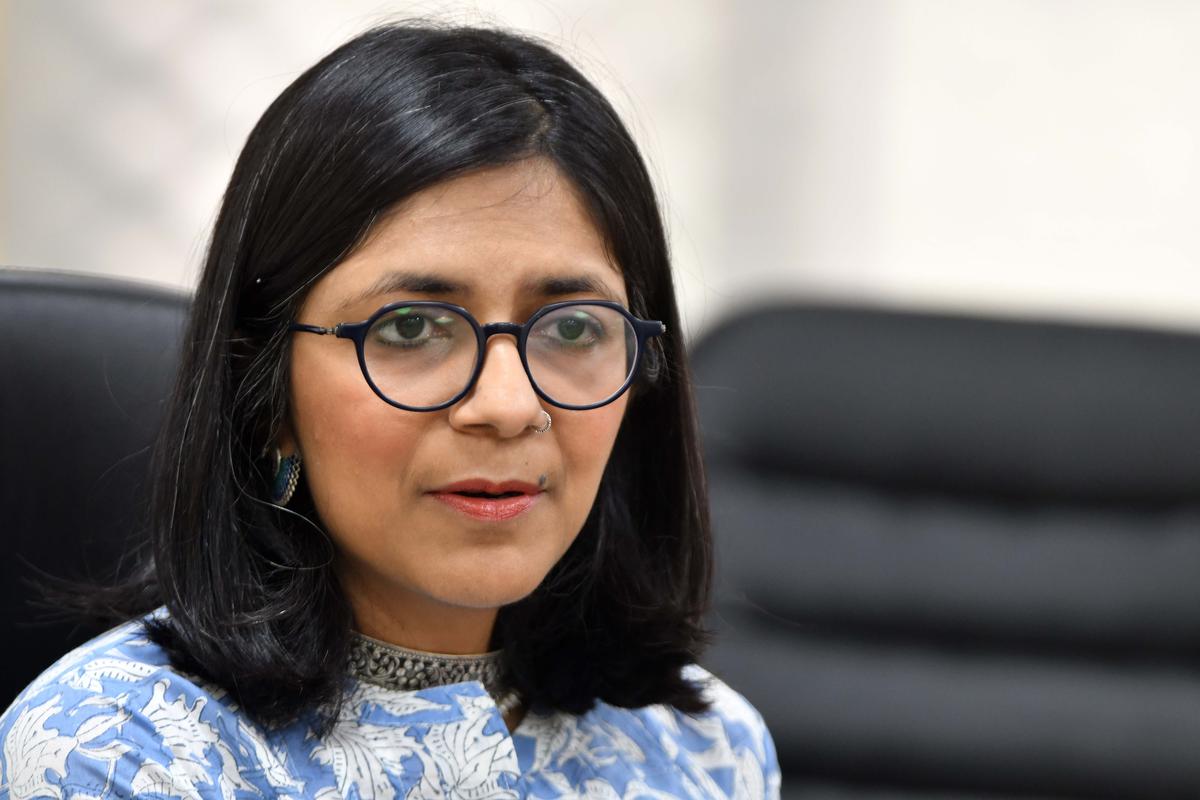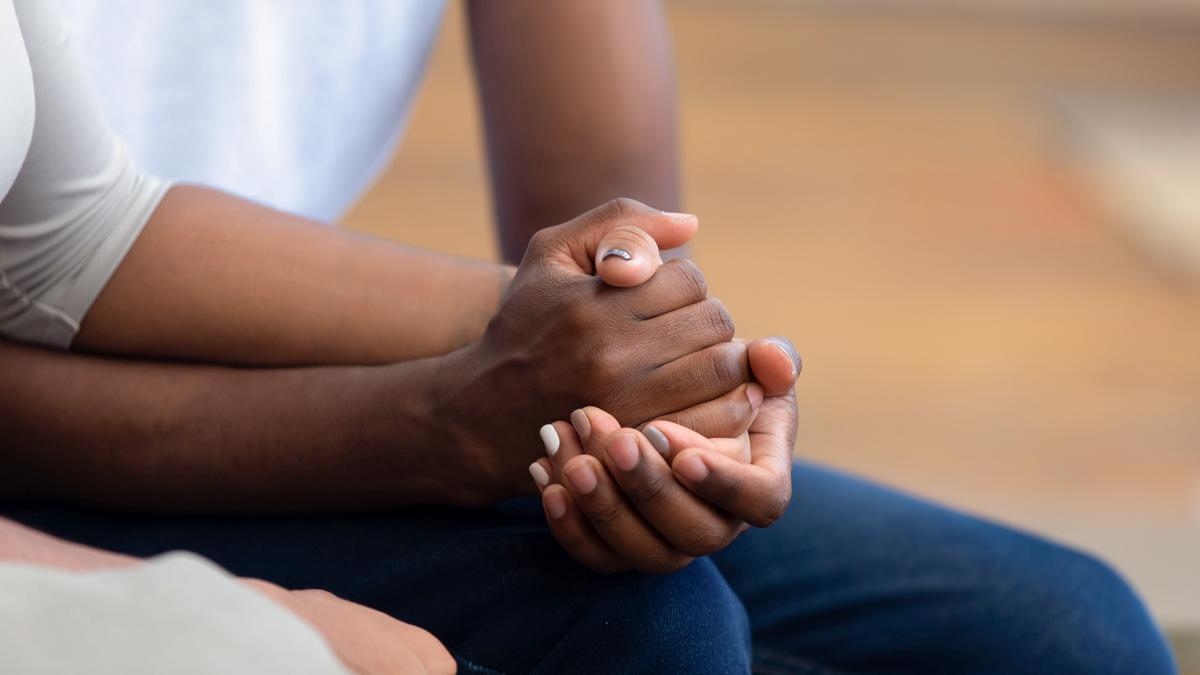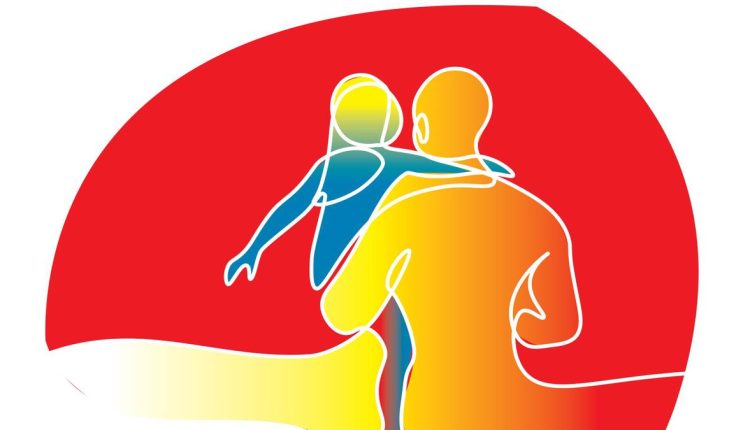Actor Khushbu and DCW chief Swati Maliwal revelations throw light on culture of silence around child sexual abuse
Often the only sound a child being sexually abused makes is silence. Silence for myriad reasons — the manipulation, ignorance, fear, shame, guilt, which we as a society perpetuate and allow for children to be abused. And while it is the moral obligation of adults and the larger community to ensure children are protected, we continue to remain silent.
Why? Is it because of the discomfort we experience thinking of a child being considered sexually attractive? This then gives rise to the denial that our children can be sexually abused. Silence works to the abusers’ advantage. And unlike other criminals, child sex abusers (with the exception of organised paedophiles) also remain silent. Because most times they need to, considering their victims are often nephews, nieces, children of friends, students, daughters and sons, grandchildren, wards…
Actor Khushbu Sundar, newly appointed Member to the National Commission for Women.
| Photo Credit:
ANI
The recent child sexual abuse (CSA) disclosures by actor Khushbu Sundar, newly appointed Member to the National Commission for Women, and Swati Maliwal, Chair of the Delhi Commission for Women, have raised questions about the deafening silence of the millions who have/ are experiencing sexual violence. The response to their disclosure of abuse is indicative of the reason why the conspiracy of silence is maintained and abetted. By all of us.
Research and anecdotal evidence show that not more than 12-24% of children ever disclose abuse and even fewer report it. For every case that gets reported to the authorities, there are at least 10,000 others (a conservative estimate) that are not reported.
The complicated dynamics of sexual abuse by family
A study by Tulir in 2006 showed that school-going children did not disclose sexual abuse for a multitude of reasons, including fear that they will not be believed, or will be blamed and shamed. The fears also included losing love, further harm, not knowing who to tell, or what/ how to say. Guilt, self-protection and family preservation were marked as reasons for non-disclosure. The study also documented the responses the few children who did disclose were met with — they were either not believed, or blamed, or asked to keep it a secret. For some, nothing changed.

Swati Maliwal, Chair of the Delhi Commission for Women.
| Photo Credit:
Sushil Kumar Verma
Some of the reactions to Maliwal’s disclosure also highlight the complete ignorance about the dynamics of sexual abuse. Netizens dug up an old social media post of hers where she claimed to be the “proud daughter of an army man”. Does that claim rule out the possibility of her being abused by him?
Relationships with people who abuse a child are usually fraught with contradictions. At one level, the child and the abuser may share a very warm and affectionate relationship, with the child often holding the abuser in high regard and esteem. But in no way does that detract from the child’s discomfort with the abuse. Making sense of this dissonance often insidiously affects various aspects of the lives of those affected by sexual abuse.
In the documentary film The Invisibles (2013), written and directed by Rishi Verma with Tulir as the research partner, CSA survivor Anirban talks about how his uncle groomed him. Abusers subtly establish a context to involve children in sexual activity by making them feel complicit thus ensuring silence and secrecy.
Another survivor, Sheetal, who was sexually assaulted by her father from the age of eight, says she would pretend to be asleep — a common dissociative mechanism to deal with the abuse and resultant confusion. A poignant aspect of her narration is the absence of any acrimony as she candidly states she did not disclose the abuse as her mother may not have believed her, and that her mother’s happiness was more important to her.
In the same film, Shabnam speaks of being abused by her father over a period of time. She did not fully comprehend her father’s actions at first and in fact says, “ At that age it didn’t feel awkward”. This shatters another popular misconception that a child who is abused will always be traumatised. Shabnam’s story helps to unravel the complexity of incest. As the primary caregiver to her father during his cancer treatment in later years, she shared that she had come to terms with what he had done to her, and thinks his suffering may be the price he has paid for his behaviour.
Support is crucial
An important point to be noted in most cases of CSA is the reaction to the disclosure. This is the tipping point either towards further trauma or support necessary to tap into and foster inherent resilience. While a significant adult could be supportive, even the slightest scepticism or attempts to minimise and normalise the abusive situation can impact the person.
Filmmaker Kiruthiga Udhayanidhi’s fresh approach to advancing conversations on sexual abuse, through a recent music video titled ‘Yaar Intha Peigal’, composed by Ilaiyaraaja, emphasises the message that disclosure needs to be appropriately responded to as well.
In a majority of cases, disclosure does not happen because formal interactions within the family do not allow for conversations outside a pre-determined framework, which includes the notion of deference to those who are older or figures of authority.
At an 80th birthday lunch marked with the usual drama of these family occasions, a casual conversation with one of the guests whose work addressed violence against children, prompted the birthday “girl” in whose honour the lunch was hosted to ask one of her many sisters present, whether she remembered a particular uncle. The response was a volley of invectives hurled against the said relative.
The birthday “girl”, relieved and comforted with the knowledge that she was not alone to harbour distaste for the uncle, proceeded to narrate instances of molestation by the man. It was not long before the other four sisters present, who were a few years older and younger, shared similar instances. The memories were vivid even after 70-odd years. And what stood out was that this was the first time these octogenarians were sharing their common abuse.
Transpersons and men who have been sexually abused as children have to grapple with a number of factors stemming from the intersection of gender and cultural context, in addition to the above-mentioned barriers to disclosure. CSA experiences of persons with disabilities are marked with further complexities as they are not seen as sexual beings who can be violated.

Listening to the survivor and offering support without judgement or blame is most crucial.
| Photo Credit:
Getty Images/ iStock
Initiatives in the U.K.
Recognising the importance of survivor experiences are two significant initiatives in the U.K. Everyone’s Invited started with a website to expose and eradicate rape culture with empathy, compassion, and understanding by providing a safe place for all survivors, regardless of gender or orientation, and with anonymity. The act of sharing their story gives many survivors a sense of relief, catharsis and empowerment, along with a feeling of community and hope.
The Truth Project, an integral aspect of Independent Inquiry into Child Sexual Abuse (IICSA), a statutory inquiry for England and Wales, gave more than 6,000 victims and survivors of CSA an opportunity to share their experiences. This listening exercise was set up because the Inquiry recognised that they could provide a uniquely-informed contribution to understanding and learning from past mistakes and improving child protection in the future. Most importantly, victims and survivors were entitled to give their accounts and opinions, be listened to respectfully and have their feelings of hurt, frustration and anger acknowledged.
Sexual abuse need not be the hallmark of a person’s identity. Healing from sexual abuse takes on diverse forms and is unique for each person. It doesn’t always present as “strong” and “honest” people standing up and speaking out in the media. It could also mean continuing to feel overwhelmed while going about their lives. The host of public figures sharing their history of abuse is living testimony to countering the many unfortunate connotations and representations associated with survivors of sexual violence — terms such as living death, broken blossoms, crushed innocence, and visuals of figures huddled or crumpled in corners.
It is time that we, as family, friends, colleagues and community, take steps to provide a congenial environment for people to share their experiences of abuse, not just to hold perpetrators of abuse accountable, but also for the well-being of survivors. Being sexually abused as a child is not a life sentence. It has to be understood within the context of a continuum of the many difficult experiences all of us have growing up. A society’s integrity and worth is not based on whether cases of child sexual abuse exist. They do exist, sadly they exist in silence. Start by listening, and believing.
Children in distress can call the government’s toll-free helpline, Childline, at 1098.
Women in distress can contact National Commission for Women Helpline: 7827170170; RAHI helpline: (011) 26238466/ 26224042, 26227647.
Telephone and email-based counselling is available to individuals in distress on iCall helpline: 9152987821 (Mon-Sat 10 a.m. to 8 p.m.)
The writers work with Tulir – Centre for the Prevention and Healing of Child Sexual Abuse, Chennai.


